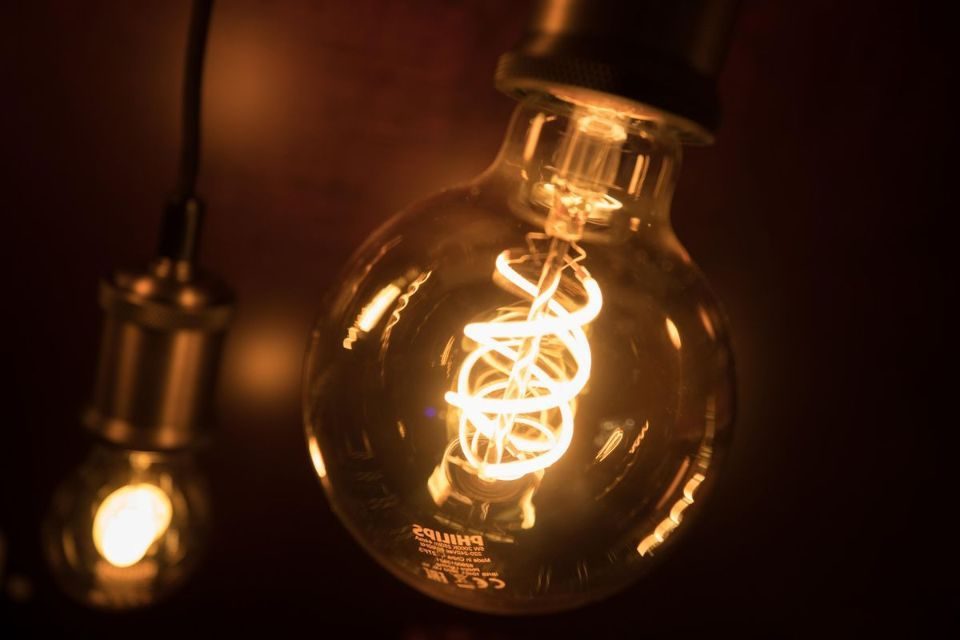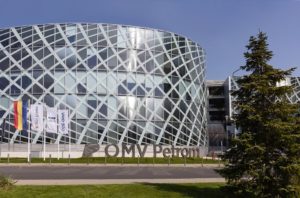ABIEC: Industry and household consumers on the brink of insolvency due to market regulation proposals made by energy associations

The Association of Large Energy Consumers in Romania (ABIEC) is sounding the alarm about the unprecedented situation in the energy market, which has already led to the closure of numerous factories, and which endangers most of the Romanian industry.
According to ABIEC, the proposals coming from the players in the field of energy ignore the legitimate interests of the end consumers and throw the burden of the crisis on the shoulders of those who have borne it to the full until today: the end consumers, whether they are households or industrial.
“Looking at the profitability rates of those making these proposals to increase the burden on consumers, we find that they have increased exponentially during this crisis, and we question what legitimacy such proposals have.
We draw the attention of stakeholders that any solution on the energy market that involves increasing the costs paid by industry, by large consumers, pushes them into insolvency, with disastrous consequences for the national economy and, ultimately, the security and stability of the state.
We strongly believe that the solutions to be adopted must aim at the fair sharing of the burden of the crisis, in the sense of preserving a reasonable profitability of all actors involved in the energy market. We find, from the proposals made by the above-mentioned organizations, the absence of these concerns as well as the ignorance of simple means to achieve these goals.
Consequently, ABIEC recalls the solutions proposed by large industrial consumers, among which:
1. Capping/compensating the price of energy and natural gas throughout the marketing chain, from the producer to the final consumer – a measure already applied by a number of European states. For example, the Slovak Government reached an agreement with the company Slovenské elektrárny to sell 6.15 TWh to certain groups of consumers at the price of 61.2 Euro/MWh, a price that allows the producer to cover its costs and have a reasonable margin of profit, however, eliminating the speculative profits of the intermediaries. Bulgaria reimburses the industry 128 Euro/MWh, and Greece has a similar measure by which it subsidizes the price for companies with 65 Euro/MWh for electricity and 30 Euro/MWh for natural gas. Spain and Portugal have capped the price of gas used to produce electricity at 40 Euro/MWh, which leads to a decrease in the cost of electricity production, the measure approved by the European Commission on June 8, 2022.
2. Long-term contracts between producers and large consumers;
3. Reductions in electricity taxes for large energy consumers;
4. The urgency of extending the compensation scheme for indirect CO2 emissions for the period 2021-2030, as well as its adequate financing.
ABIEC, as a representative of the major energy consumers in the Romanian economy, strongly believes that beneficial solutions in the Romanian economy can only exist if they work to align the interests of energy actors – producers, suppliers, consumers – and not by bankrupting some of them .
The industry has already paid an unjustifiably high price of the crisis through total or partial closures of capacities at Azomures, ALRO, ALUM, Chimcomplex, etc., closures which, we hope, will be temporary, but which, due to the proposed measures, risk becoming definitive and to extend to other actors in the industry, in a cascade, while the industry in the other member states of the European Union was supported by various means to be able to survive the crisis.
We draw attention to the fact that the industry becoming insolvent will not only have economic consequences, but also a strong social impact, as the families of workers laid off as a result of abnormal utility prices will no longer be able to cover their daily living on the eve of winter.”















